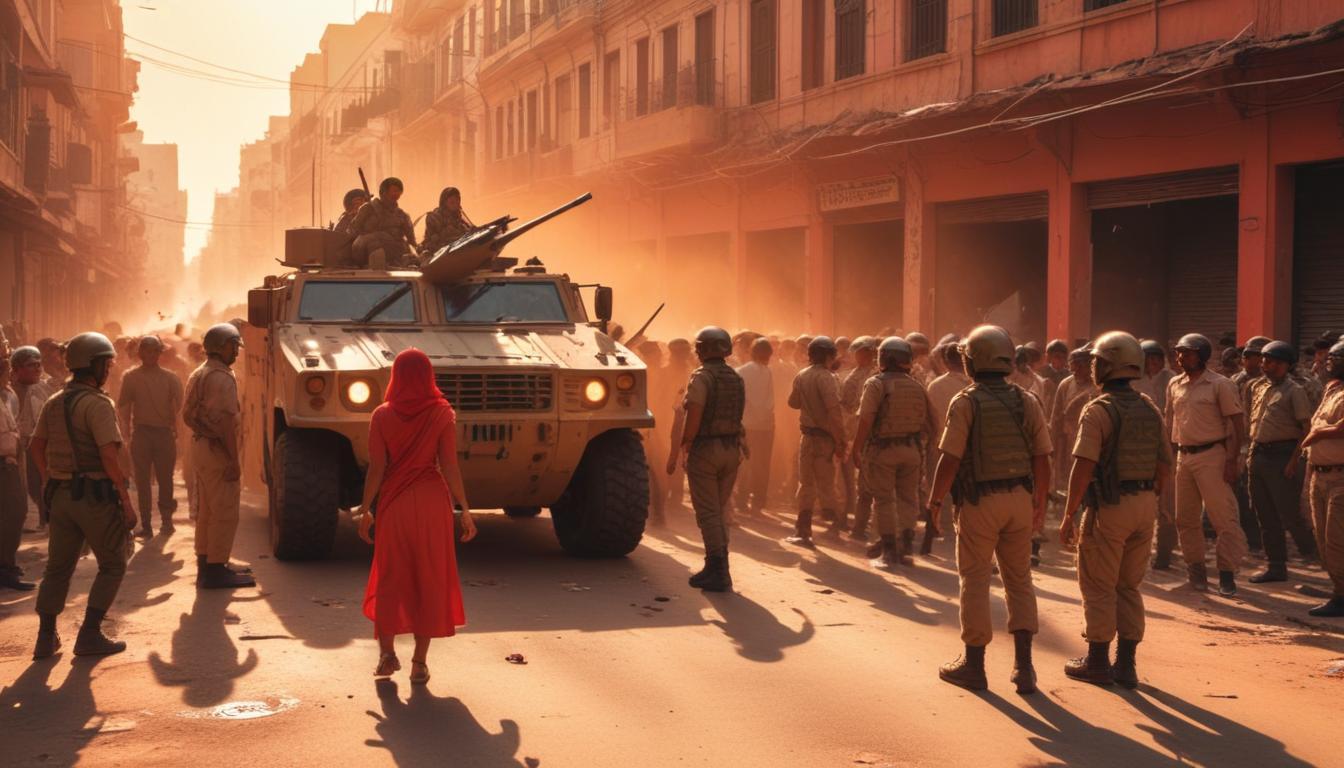In January of this year, Sheikh Hasina Wajed secured a fourth consecutive victory in the Bangladeshi parliamentary elections, a feat that seemed unshakable at the time. Little did she or anyone else imagine that within just six months, she would not only lose her position as Prime Minister but also be forced to flee the country. The twists of fate are unpredictable, but this was a situation of her own making. A similar fate befell the Rajapaksa brothers in Sri Lanka in July 2022, where they too had to flee, with no one offering them sympathy. The saying "You reap what you sow" rings true here.
Was Hasina's downfall a result of the anti-reservation movement? Not exactly. On July 27, the Supreme Court of Bangladesh reduced the 56% reservation provision to just 7%, and the movement started to calm down. It would have completely died down had the protesters not been labeled as traitors, enemies of Bengali identity, Islamic extremists, and foreign agents. Additionally, thugs from the student wing of Hasina's Awami League harassed the protesters on the streets, with the police showing bias and treating them with contempt. This sparked further outrage, leading to Hasina's forced exile to save her life.

In short, the reservation issue was merely an excuse, a surface-level reason. The root cause of Sheikh Hasina Wajed's downfall was her dictatorial rule. After forming a 14-party coalition in 2009 to come to power democratically, she gradually eliminated her own allies and then the opposition, adopting an authoritarian path. She nearly eradicated the opposition from Bangladesh, making the 2014 election heavily one-sided, the 2019 election even more so, and the 2024 election completely uncontested. She sought to create a Bangladesh free of opposition, tightening her grip on her party, the election commission, the judiciary, the overall administration, the media, universities, and educational institutions. Everyone became her puppet, with no one daring to speak out. The explosion in Bangladesh was primarily due to her tyranny, with the reservation issue merely serving as a trigger.
Moreover, the reservation of 30% of government jobs for the third generation of those who participated in the Bangladesh Liberation War was absurd. Thirty percent is no small figure, especially for the third generation! The intention was to benefit those who supported Hasina's politics of Bengali identity while punishing her opponents by depriving them of opportunities. She knew this provision was neither just nor logical, so when students protested in 2018, she revoked the 30% reservation without resistance, as her primary goal was to win the 2019 election. Once that was achieved, and then again in 2024, she waited for the right moment. One of her supporters challenged the government's decision to revoke the reservation in court, leading the judiciary to restore it. With the judiciary's involvement, there was no one left to question the reinstatement.
The underlying motive was to ensure that her supporters occupied positions of power throughout the government, from top to bottom, while keeping her opponents out. The message was clear: Sheikh Hasina Wajed is the present and future of Bangladesh. She represents Bangladesh, and Bangladesh represents her. Meanwhile, her rival and former Prime Minister Begum Khaleda Zia has been almost completely destroyed. She has been subjected to numerous trials, imprisoned, and constantly harassed. Since 2014, Begum Khaleda Zia has either been in jail or under house arrest. Today, it seems unlikely that she will be able to capitalize on the ongoing revolution and the changes ahead. She has been politically, physically, and mentally decimated.

All of this was done in the name of Bengali identity. The Bengali people are great because their culture and language are great. On the other hand, those who spoke of Islam turned Bangladesh into a province of West Pakistan, pushing Bengali identity to the margins. Although they are citizens of Bangladesh, these Islamists are, in reality, traitors and criminals who should not be forgiven. If they return to power, what will happen to the Bengali language and culture? Only Sheikh Hasina has the strength to protect them. Readers may have forgotten, but Sheikh Hasina's father, Sheikh Mujibur Rahman, also followed the path of dictatorship, which led to his assassination.
The strategy of instilling fear, oppression, and offering empty promises is not new. A similar scenario unfolded in Sri Lanka. "I am here, so you are safe from the Tamils. I have put them in their place. So, hold onto my hand, for it guarantees your safety." The problem is that those who hold the hand also feel hunger. They have eyes, ears, and, albeit slow, a mind of their own. One day, they wake up, and when they do, they wake up as a collective.
Given the vacuum Sheikh Hasina has created in the country, it seems unlikely that the situation in Bangladesh will stabilize for at least a decade.






